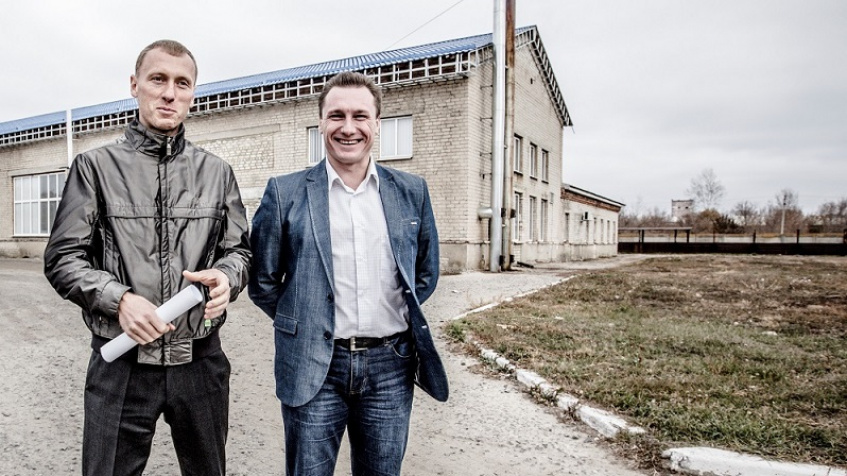
The European Fund for Southeast Europe (EFSE) has announced the expansion of its fund structure to promote lending in local currencies. Backed by a contribution of €44 million from the European Union’s EU4Business initiative, and €12 million from the German Federal Ministry of Economic Cooperation and Development (BMZ), the new ‘L-shares’ will be used to enhance local currency financing in the European Eastern Neighbourhood Region in particular.
Complementing this endeavour was a simultaneous EU contribution of €5 million to EFSE’s C-share class. The combined funding of €61 million will help the fund absorb exchange rate risk, ultimately protecting EFSE’s target group of micro and small enterprises (MSEs) and low-income households from exchange rate fluctuations and contributing to sustainable economic growth in the region.
The donor-backed L-share class represents a unique capital layer in EFSE’s structure. Prior to the L-shares, EFSE had facilitated local currency lending on a case-by-case basis, subject to the availability of external hedges or dedicated equity tranches. The new tranche will now supplement these activities with EFSE’s own market-based instrument for facilitating loans to investees in their own local currency.
EFSE Board Chairman Christoph Tiskens said: “The European Union and the BMZ have been important EFSE partners since the very beginning. Thanks to their contributions, we now have a robust mechanism that will protect both investees and investors alike from the ups and downs of currency fluctuations, while fostering the fund’s mission to promote business development and employment in Southeast Europe and the Eastern Neighbourhood Region through sustainable support to entrepreneurs, the backbone of the region’s economy.”
“The EU4Business initiative is committed to strengthening the economy of our Eastern Neighbours by providing targeted support to the region’s micro, small, and medium enterprises,” said Katarína Mathernová, Deputy Director-General for the European Union’s Directorate General for European Neighbourhood Policy and Enlargement Negotiations. “Expanding the ability of the local financial sector to serve these businesses with financing in their own currency means contributing to sustainable growth on both an institutional and individual level. In EFSE, we have an expert partner who is especially suited to helping us generate this impact and pursue two key elements of the EU Eastern Partnership policy: economic development and strengthening institutions.”
Claudia Warning, BMZ Director-General for the Middle East, Asia, Latin America, and Southeast and Eastern Europe, remarked: “EFSE and the BMZ have worked hand-in-hand for many years to promote economic development and employment in Southeast Europe and the Eastern Neighbourhood Region, including through local currency financing. For example, the dedicated funding BMZ contributed to support local currency lending in Ukraine in 2016 has since provided more than 2,600 entrepreneurs with €136.5 million worth of local currency loans in the country. Now, the creation of the new L-share class represents yet another innovative opportunity for us to facilitate stable business growth on a regional level by helping create an exchange rate risk cushion that safeguards local financial systems and businesses.”
About EFSE
One of the largest development finance funds worldwide, the European Fund for Southeast Europe (EFSE) aims to foster economic development and prosperity in Southeast Europe and the Eastern Neighbourhood Region by investing in the success of micro and small enterprises as well as improved living conditions for private households. As access to financial services is key to developing this segment, EFSE focuses on helping local financial sectors strengthen their ability to provide responsible financing for this target group. Alongside its investment activities through local partners, EFSE multiplies its impact through the EFSE Development Facility, which provides technical assistance, training, and other nonfinancial support to entrepreneurs and institutions.
EFSE was initiated by KfW Development Bank with the financial support of the German Federal Ministry for Economic Cooperation and Development (BMZ) and the European Commission. As the first public-private partnership of its kind, EFSE draws its capital from donor agencies, international financial institutions, and private institutional investors.
EU4Business
The EU4Business Initiative covers all EU support for small and medium-sized enterprises (SMEs) in the region of the Eastern Partnership which brings together the EU, its member states and six partner countries: Armenia, Azerbaijan, Belarus, Georgia, Moldova and Ukraine.




